Search

Researchers working on the Developmental Pathways Project are determined to find out what makes families vulnerable to child abuse and neglect.
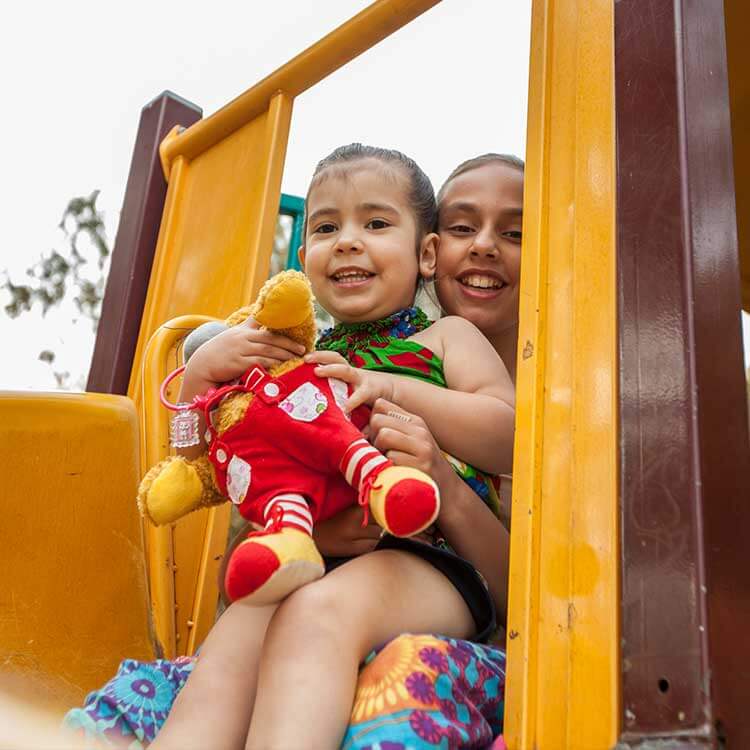
Australian researchers join global effort to better understand how events during pregnancy and childhood influence the development of disease later in life.
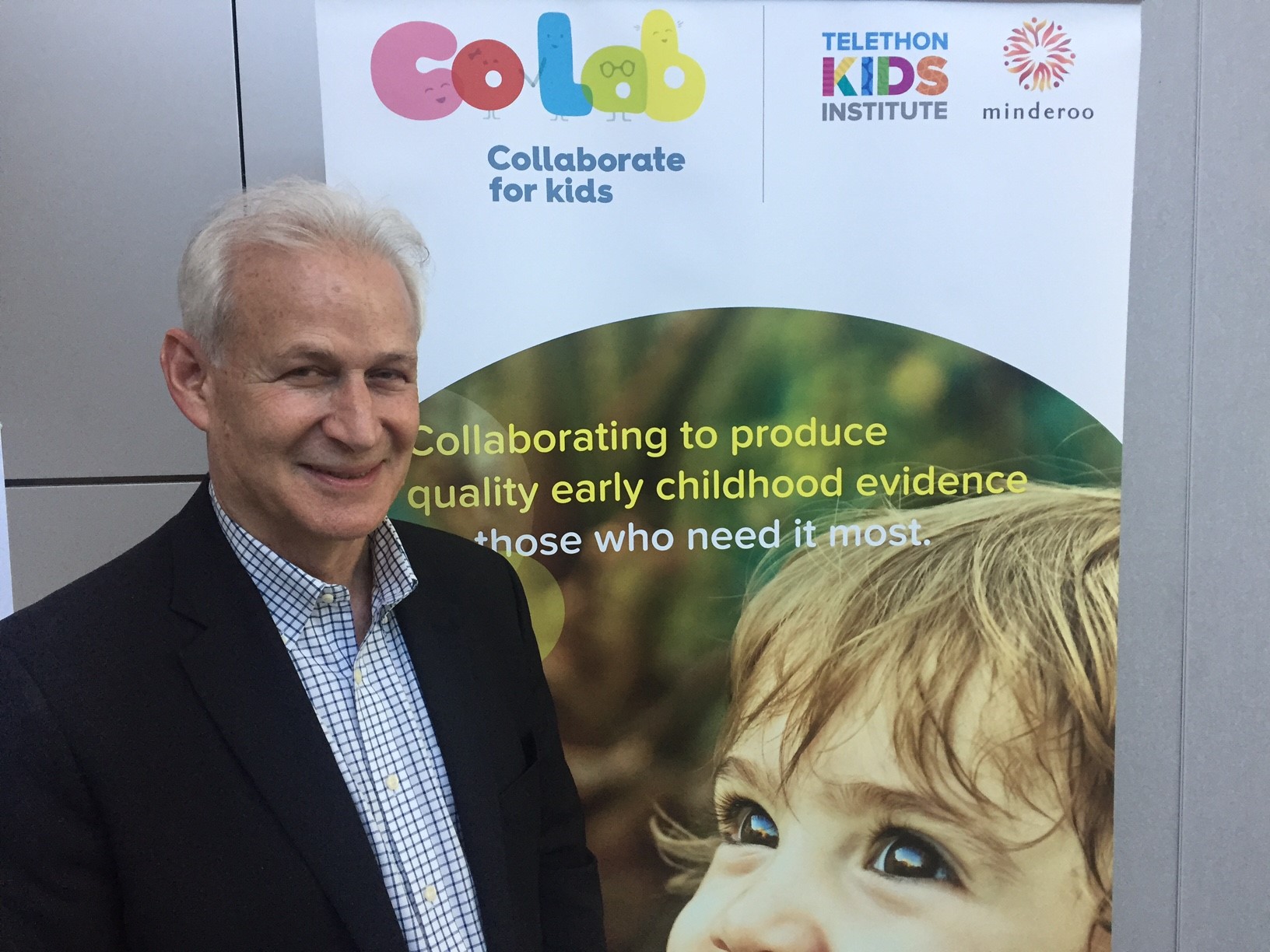
Dr Jack Shonkoff, from Harvard University is visiting Perth this week as a guest of CoLab, Goodstart Early Learning and Child Australia.

New research by The Kids Research Institute Australia has found children who attend playgroups achieve better early primary school outcomes.
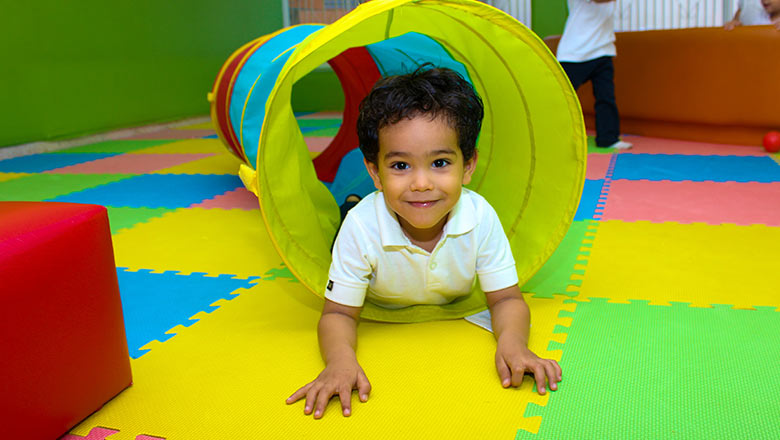
National Playgroup Week, the annual event run by Playgroup Australia, will take place across the country from 20 March to 27 March.
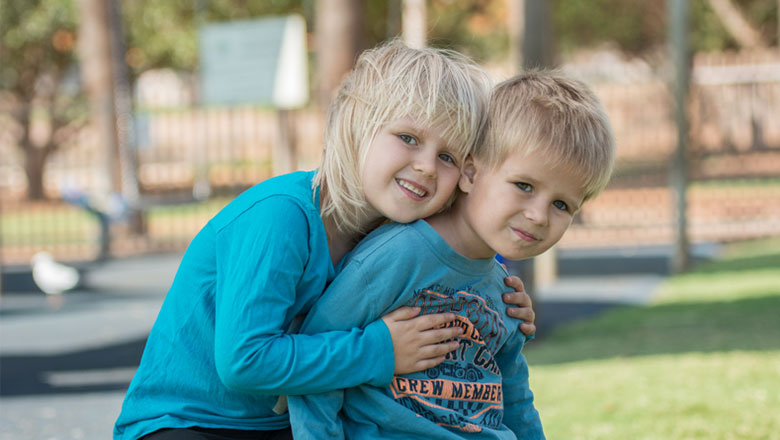
The national report released today from the Australian Early Development Census (AEDC) shows that in 2015, most children in Australia were on track.

Researchers from the The Kids Research Institute Australia and UWA have found that young children with a chronic disease are more likely to fall behind their peers in a wide
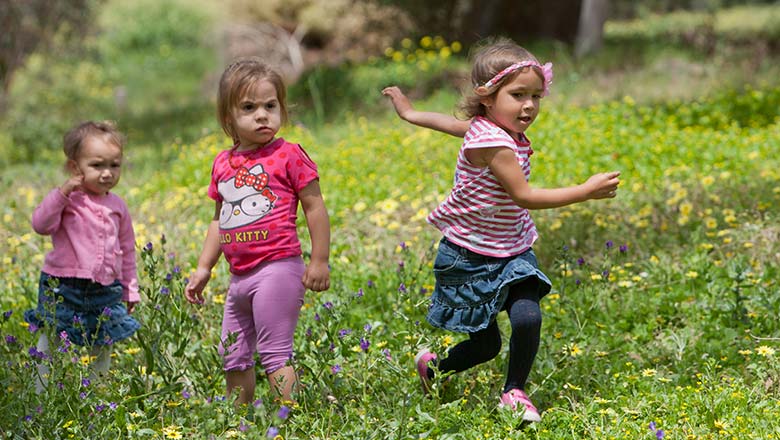
10 years of work guided by The Kids Research Institute Australia has resulted in huge improvements in the development of Aboriginal children at the start of school.
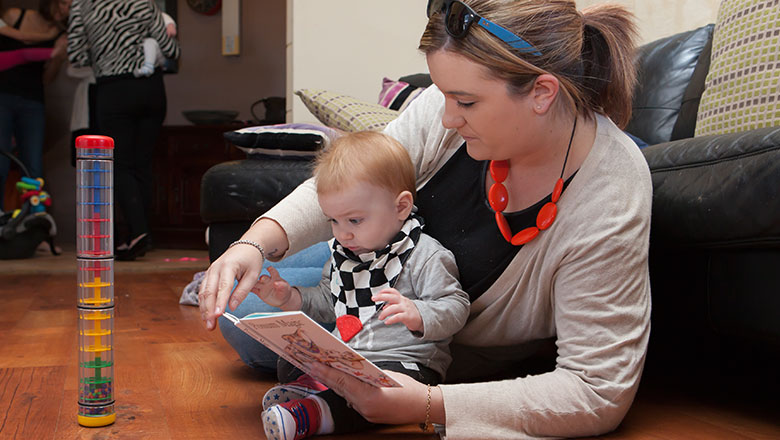
The Kids Research Institute Australia's Australian Early Development Census has become the world's first proven and reliable measure of early childhood development.

Four The Kids Research Institute Australia researchers are among those who have received funding in the WA State Government's Merit Award Program announced today.
